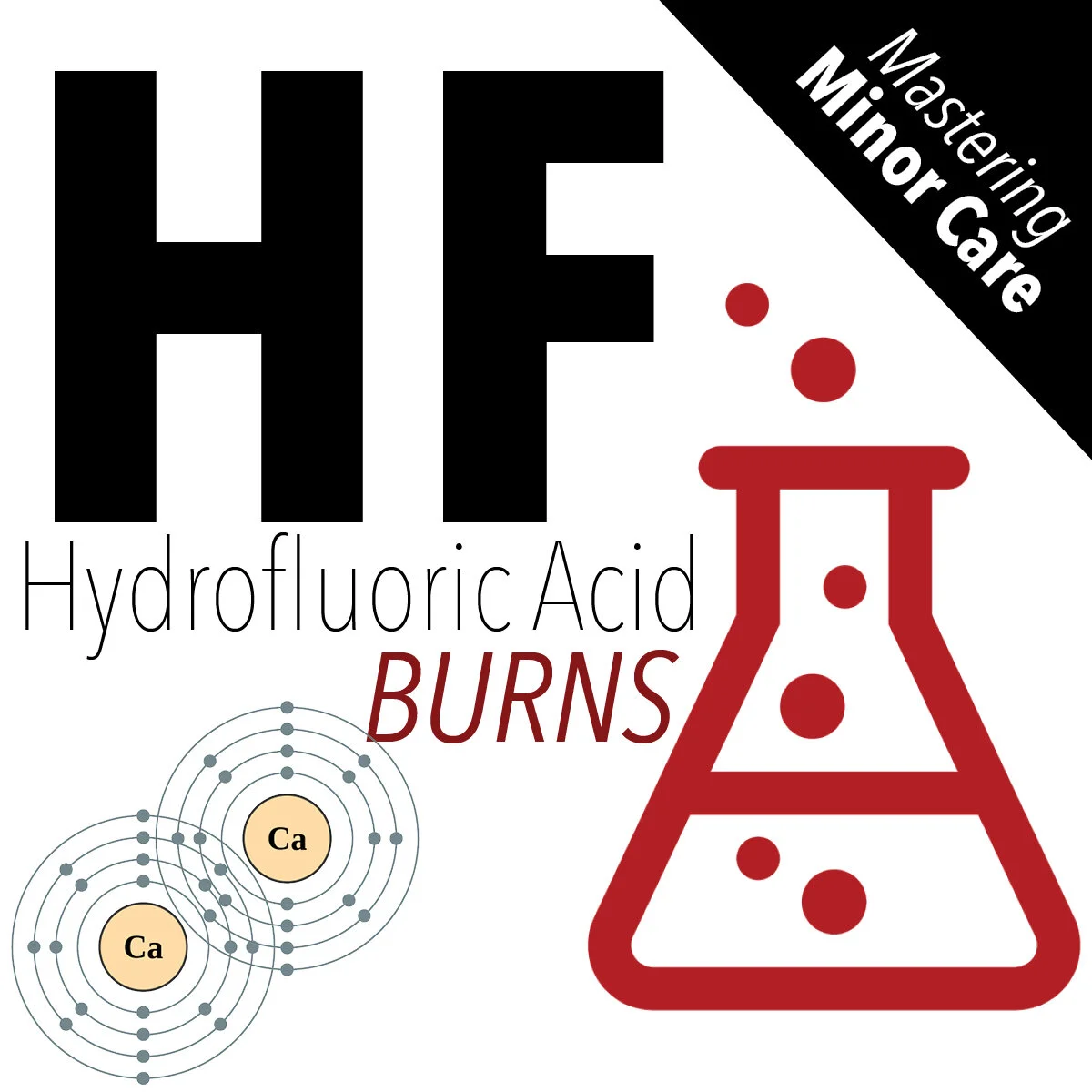Air Care Series: Pressure-Volume Loop and Impella Support
/Cardiogenic Shock can humble the finest of critical care crew. Knowing the physiology and new adjuncts that can be a critical part of resuscitation can salvage the sickest LVs out there. Take a deep dive into cardiogenic shock and Impella support with Dr. Adam Gottula
Read More


















